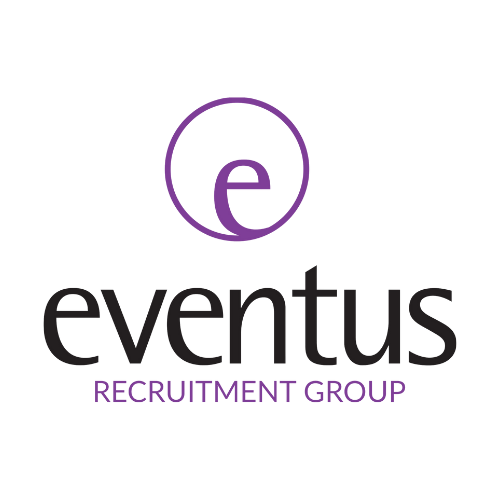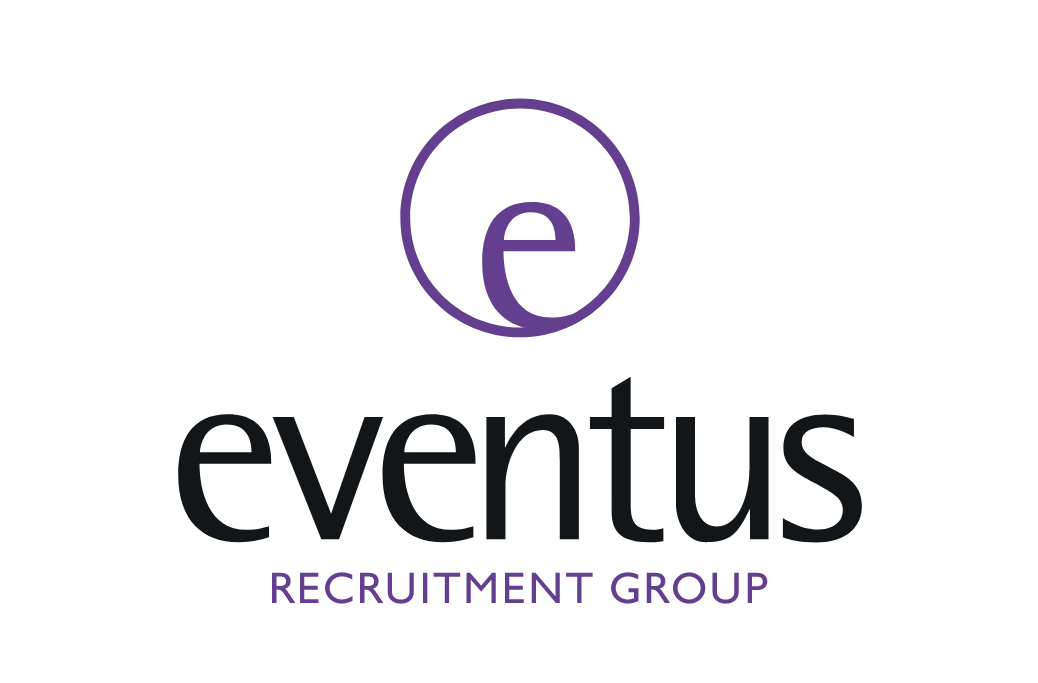Social media is a key player in the job search process today, both in terms of searching for an opportunity and researching the firm, but also allowing employers to take a closer look at their potential hire.
Sites like Facebook, Twitter, LinkedIn and Instagram allow employers to get an easy glimpse of who you are outside the confines of a CV or interview, so whilst they are obviously a very useful information and networking tool, you should be aware of the potential pitfalls too.
More and more employers are looking to social media to give them background information on job seekers. It’s estimated now that 90% of hiring professionals have viewed social networking profiles as part of their screening process. So what does yours say about you?
Approximately a third of employers who scan social media profiles said they have found content that has caused them not to hire the candidate. About half of those employers said they didn’t offer a job candidate the position because of provocative or inappropriate photos and information posted on his or her profile; while 45% said they chose not to hire someone because of evidence of drinking and other inappropriate social activities on the profile. Other reasons they decided not to offer the job: the candidate’s profile displayed poor communication skills, he or she bad mouthed previous employers, made discriminatory comments related to race, gender, or religion, or lied about qualifications. Yikes!
So how can you ensure your social media is working for you, not against you in your job search? Here are some simple do’s and don’ts to make the most out of your online profile:
- Do an online audit!
Have a look at your online profiles – imagine you were seeing them from the perspective of a potential employer, are you happy with what you see? Delete any inappropriate pictures, or status’s. Something that seemed funny after a glass of two of Prosecco can look very different in the cold light of a Monday morning. - Do think before you Tweet!
Be cautious and avoid sharing anything you don’t want to be seen by a current or future employer. Don’t talk negatively about your job, your boss or your colleagues! Don’t use swear words, and be mindful of participating in controversial topics or debates. - Do check your privacy settings!
Do you need to have an open profile? Twitter, Instagram and twitter all have settings that allow you to control who can see your content, making sure that if you do have to share those Saturday night shenanigans, you at least know the audience. Do bare in mind though, if you tag others in your post, connections of theirs will see it – and you don’t know who they might be connected to. - Don’t just connect to everyone!
Decide whether you want to interact with colleagues on Facebook or you want to remain purely professional on LinkedIn and adjust your privacy settings accordingly. Always remember to check your employer’s social media policy before setting up any profiles mentioning your employer. - Do sell yourself!
While you should always tailor your CV to individual applications, your LinkedIn profile can have a broader appeal. Detail your main achievements and include why potential clients might want to deal with you. Check your spelling and grammar and make sure that dates and information match your CV. - Do expand your network and knowledge!
Joining groups in the legal industry is a good place to start. You should also follow employers you are interested in, recruiters you have worked with, and business and economic news channels. Once you’ve developed a network you can start sharing interesting news and articles and contribute to group discussions, helping you extend your network and grow your industry profile.
- Do your research before an interview!
Social media is a great research tool when preparing for interviews. Most organisations will share their latest news and announcements through their social media channels, so show your enthusiasm for the role by keeping up-to-date.
If you’re not making use of professional social media as part of your career management you could be missing out on the chance to make new contacts, find new job opportunities and improve your professional reputation. It’s time to get smart about your social presence and view it as a personal brand, rather than just a personal outlet. Just be aware of who is watching!


